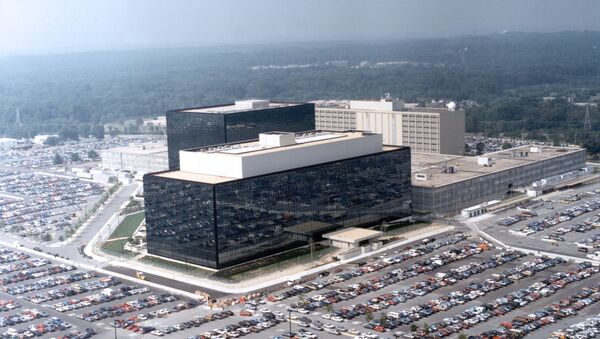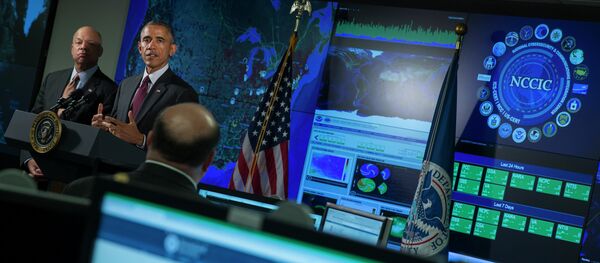“We disagree with the court’s decision and it will not be the last word on the constitutionality of the government’s mass surveillance of the communications of ordinary Americans,” the EFF said on Wednesday.
The case, Jewel v. NSA, was filed by the EFF on behalf of AT&T customers whose telephone and communications records are have been collected by the NSA. One portion of the lawsuit claims that NSA’s data collection violates constitutional protections against unreasonable searches and seizures.
White said the secret evidence he used to reach his decision could not be weighed in court, because that would require the government to disclose “state secrets” and therefore risk “exceptionally grave damage to national security.”
The EFF disagreed, saying there are existing procedures that allow courts to weigh classified information.
The group also said that the ruling pertained to only one part of the lawsuit, and emphasized that White’s ruling did not touch on the legality of the NSA program.
“To be perfectly clear: this decision does not end EFF’s case. The judge did not find that it is legal for the NSA to tap into the Internet backbone. Nor does the ruling apply to the portion of case that covers the NSA’s capture of telephone records on a massive scale,” the statement said.
The EFF vowed to pursue Jewel v. NSA and the other cases it has pending against the spy agency.




